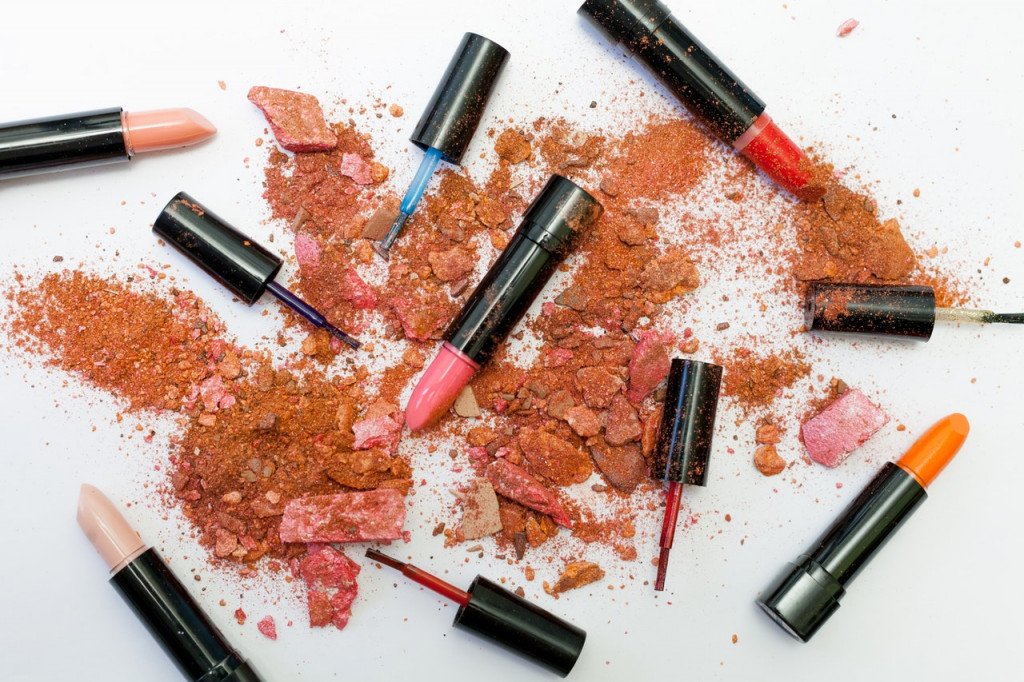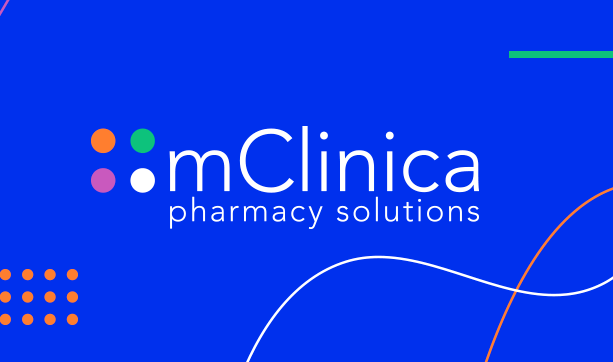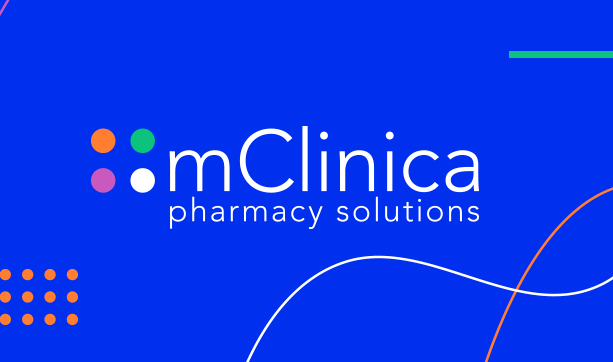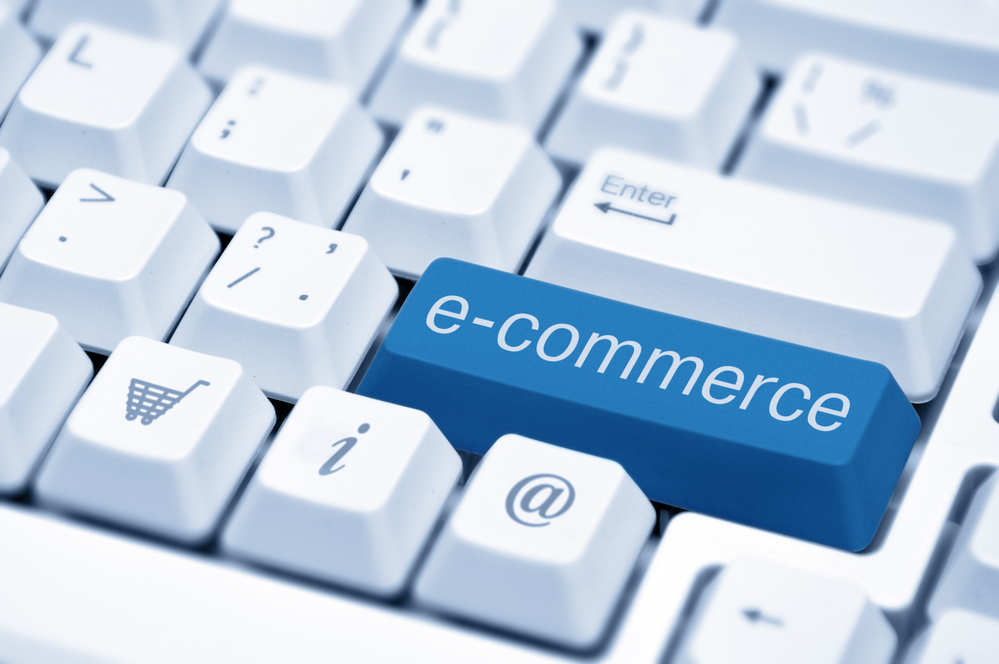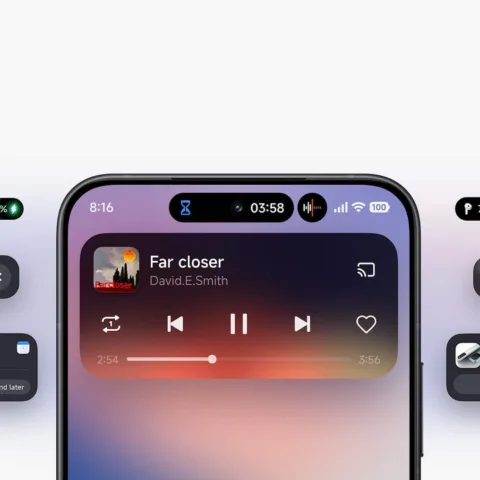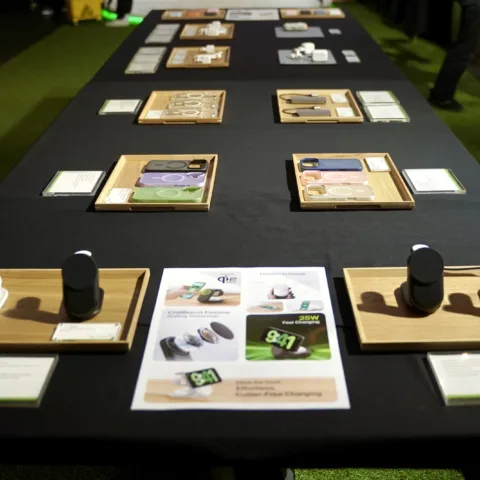The rise of the beauty and personal care industry in Indonesia was marked by the birth of many new local brands. The government recorded 797 large to small and medium industry (IKM) cosmetic business players in Indonesia in 2019, of which 294 were registered with the Investment Coordinating Board (BKPM). This number is increased from the previous year which was 760.
Quoting Tempo, Social Bella’s CEO, John Marco Rasjid said he was optimistic about the rapid growth of the Indonesian beauty industry market. There are some factors behind the act. First, citing the Euromonitor report, the Indonesian beauty and personal care market is estimated to reach $6.03 billion in 2019 and increase to $8.46 billion in 2022.
Second, as John stated, the total average expenditure for beauty products for Indonesian consumers is around $20 per capita. The number is smaller than Thailand ($56 per capita) and Malaysia ($75 per capita). Third, Indonesia has a very large female population. Bappenas estimates that the total female population will increase to 142 million from the population in 2010 of 118.66 million.
Base’s Co-founder and CEO, Yaumi Fauziah Sugiharta said to DailySocial that this revival will mark the third wave of startup industry phenomena after the explosion of pioneering verticals, including e-commerce, ride-hailing, and fintech. This trend will be driven by local brands using the Direct-to-Consumer (DTC) approach.
“The technology ecosystem in Asia is getting mature and digital literacy is increasing. We can see that during 2018-2020 the market trend which begun to shift. Startups with higher popularity are consumer-centric and B2B models that help consumer-oriented businesses. In this country, beauty tech is predicted to be part of the revival of the third wave of startups,” Yaumi said.
Is it necessary for cosmetics and skincare business to look for funding from VC?
The emerging era of e-commerce or marketplaces such as Sociolla, Tokopedia, and Shopee contributed greatly to the birth of local beauty brands with the DTC model. With the increasing trend of online shopping, these business people actually benefit because they don’t need to build distribution channels, let alone build retail stores to reach consumers.
Instead, these local brands can allocate their funds for other purposes, such as R&D development, marketing channels, and technology. The thing is, in the last two years, some of the local brands have started looking for external funding to support and strengthen their business in the beauty tech industry.
From our observation, there are four beauty and wellness startups in Indonesia that have successfully obtained venture capital (VC) funding. Those are including Base, Nusantics, SYCA, and Callista. Although targeting different target markets, those three are using technology to develop products and identify consumer needs.
| Brand/Startup | Category | Investor(s) | Stage |
| Base | Skincare and wellness | Antler Skystar Capital and East Ventures |
Pre-Seed
Seed |
| Nusantics | Biotech | East Ventures | Seed |
| SYCA | Cosmetics | Salt Ventures | Pre-Seed |
| Callista | Skincare | SKALA | Pre-Seed |
Source: Revised by DailySocial
Yaumi revealed that his team had received pre-seed funding from Antler in March 2019 and received mentoring for 6 months. Antler is considered to be Base’s initial touchbase for VC before finally securing Seed funding from East Ventures and Skystar Capital.
“We want to bring the best experience and we want to challenge the current norm. Therefore, we need infrastructure to be able to build the project ten times better. At that time, we saw that our financing was not sufficient for capital. It’s also impossible from family, let alone a bank. Our only options are angel investors or VCs,” he said.
The kind of infrastructure referred to is the development of technology to understand consumer needs. Base provides skin profiling services with AI algorithms through the website. This explains why Base is not quite interested in marketing its products through the marketplace.
Because there is quite a journey from pre-purchase to post-purchase, this situation requires Base to rely on only one platform from an algorithmic point of view. The goal is none other than to determine the right skincare ingredients for consumers. This applies to business players using the DTC business model.
In addition, technology has largely helpful for its products to remain relevant to consumers in the next ten years. Therefore, it is important for them to focus on iterations, considering that generation Z tends to be digital savvy and does not want to be dictated to buy products.
“In this industry that relies heavily on product development, we are supposed to make VC believe that the product has been tested on the market. Not to mention the testing formula, with a note that it is constantly iterating. Startups are demanded to be agile. If we wait [funding] until it reaches consumers and monetization, it’ll be too late. In contrast to other verticals that may not have a manufacturing process. That’s why we have bootstrapped since the beginning,” he explained.
Meanwhile, the local startup brand Mad for Makeup admitted that it was not really seeking funding from VC. Two Mad for Makeup’s Founders, dr. Shirley Oslan and Tony Tan revealed that their current capital is still sufficient and they are still focused on pursuing growth in 2021.
With the achievement of business growth this year, Shirley admits that she has been approached by some large VCs. However, she prefers to involve VC as an advisor to prepare for a larger scale, even with zero capital for equity.
“For capital, there are no specific criteria as long as it’s the right strategy. However, for certain markets, we certainly need sources and further capital. We might consider next year [external funding], if we see plans to expand overseas,” he added.
Currently, Mad for Makeup claims to have succeeded in obtaining a good market-fit in the Indonesian beauty and cosmetics market with the DTC approach and affordable prices. With an initial capital of IDR800 thousand, this startup which jargon is rebel beauty has sold 26,000 units of products in its first year.
Indonesia’s beauty tech for VC
Outside Indonesia, the trend of VC investment in skincare and cosmetics businesses is not so brand new. In South Korea, this business has become an easy target for investors. They succeeded in showing their innovation and unique concept in reaching the younger generation who are digital natives. This country has successfully transformed into a mecca for the world’s beauty industry.
For example, South Korean startup Reziena developing an AI-based platform to generate data that can be used to create personalized home care services. Similar to this, Singapore-based startup Yours also strives to bring personalized skincare to its consumers.
| Brand/Startup | Category | Investor(s) | Stage | Origin |
| Yours | Skincare | Surge, Global Founders Capital, Kindred Ventures, angel investors | Seed | Singapore |
| LYCL Inc (Unpa.) | Skincare and cosmetics | Venture Round | Series A | South Korea |
| Typology | Skincare and cosmetics | Firstminute Capital, Alven, Xavier Niel, Mark Simoncini | Seed | French |
| Tula | Skincare | Landis Capital, Great Oaks Venture Capital, L Catterton | Series Unknown | United States |
| True Botanicals | Skincare | Unilever Ventures, Kaktus Capital, etc | Series A | United States |
Source: Several references / Revised by DailySocial
On a separate occasion, MDI Ventures’ Head of Investor Relations & Capital Raising, Kenneth Li said, there are some reasons why beauty startups are attractive to VCs. First, local brands today are using the DTC model to target the digital native segment.
Second, consumers of beauty products tend to have high user stickiness and repeat purchases. This means that this business can quickly reach for business growth. Indeed, getting into this vertical can be a business differentiation for VC. However, investment still requires scalability.
“If investing in technology, scalability can be much faster. They can also [invest] in R&D to create superior products. For example, in South Korea, this is one of their signature businesses. Eventually, the beauty industry is growing rapidly thanks to investment from VC/investors,” Kenneth said.
In addition, he added, scalability strategy can be done by using AI technology to obtain user journeys and user profiling. From the generated data, local brands can actually develop the right marketing channels and create products according to consumer needs.
Meanwhile, Kolibra Capital’s Senior Investment Analyst, William Auwines highlighted another perspective. Many local beauty brands have developed different marketing strategies to build their brand equity. In addition, what is quite striking is that beauty products have low production costs, therefore, it’s easier to decide product purchasing and the business will naturally require constant repurchasing.
He also said that the presence of e-commerce such as Tokopedia, Shopee, and Lazada is a game-changer for this industry because they are able to provide the consumer purchasing journey. As a result, not only are the beauty industry players increasing, but also their supporting businesses, such as sales, marketing, and logistics for the SME segment. Related to this, the beauty industry has become an attractive vertical for VCs as it has managed to show impressive growth in recent years.
“In terms of VC, we usually ignore traditional companies, such as fashion and retail. For us, there are many new technology companies that are growing exponentially by keeping low cost, reaching the market through online marketing, and improving their logistics services for profit. This factor makes the valuation possible. much higher than traditional companies,” he told DailySocial.
Female Daily Network’s Founder and CEO, Hanifa Ambadar said that these local brands could actually survive without the help of VC investment. The beauty business model directly targets end-users, therefore, they can immediately sell and get return capital. The margin from the business is also considered large enough for using a discount strategy to boost sales.
“However, they may scale up not as fast as other brands with large capital. Moreover, if they want to expand by building retail stores. Not to mention the campaign and product endorsements, this strategy will certainly require more capital,” Hanifa said to DailySocial.
–
Original article is in Indonesian, translated by Kristin Siagian

